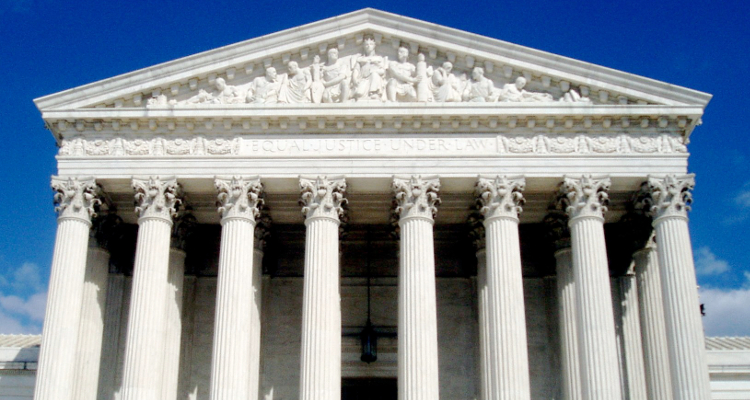The United States Supreme Court has announced its intention to hear a case next month that will consider whether the sovereign immunity of the federally-recognized Mohegan Indian Tribe extends to an employee of its gaming enterprise in Connecticut.
According to a report from the Indianz.com news domain, the nation’s highest court is to begin hearing oral arguments in the Lewis v Clarke action from January 9 following an appeal from the non-Indian couple who lost a similar action before the Connecticut Supreme Court in March.
Brian and Michelle Lewis will now be hoping to convince the United States Supreme Court that William Clarke, who was a limousine driver for the Mohegan Tribal Gaming Authority and its Mohegan Sun enterprise, should be held accountable for injuries they suffered as a result of an automobile accident in October of 2011.
The non-Indian couple had originally named the Mohegan Tribal Gaming Authority as a defendant in the matter but subsequently removed the casino operator’s name from their complaint out of fear of losing on the grounds of sovereign immunity. But, this tactic did not work as the Connecticut Supreme Court unanimously found that Clarke had been “acting within the scope of his employment when the accident that injured the plaintiffs occurred” while Justice Dennis Eveleigh, citing a slew of cases in the state and federal courts, wrote that it was well established that “the doctrine of tribal immunity extends to individual tribal officials acting in their representative capacity and within the scope of their authority”.
The United States Supreme Court currently consists of only eight justices following the death of the usually conservative Antonin Scalia in February and the subsequent refusal by Republican members of the United States Senate to hold confirmation hearings for Democratic nominee Merrick Garland. President-elect Donald Trump previously announced that he intends to name his preferred choice from an already-released list of 21 conservative candidates although any confirmation would not likely to be endorsed until at least late-March.



